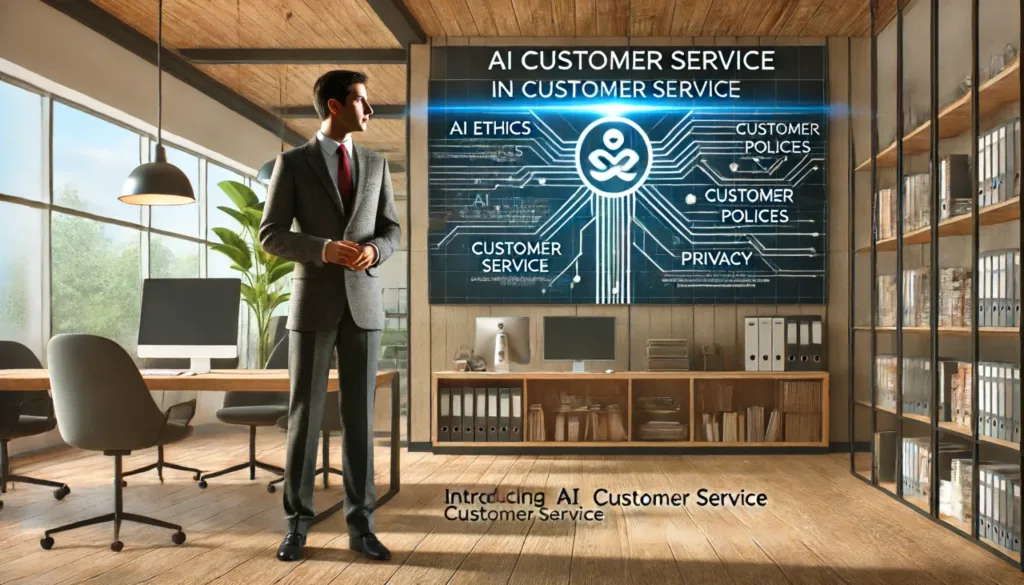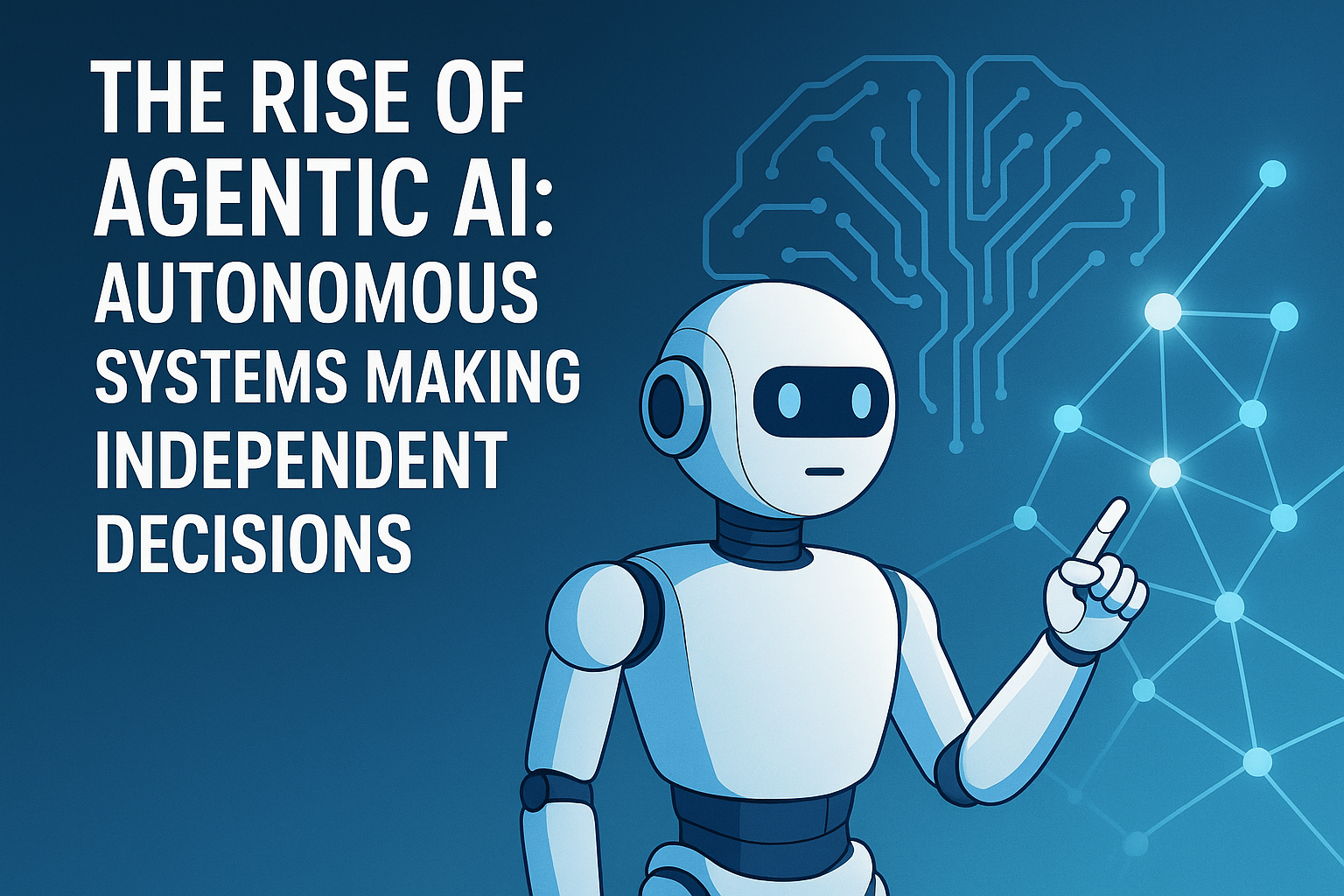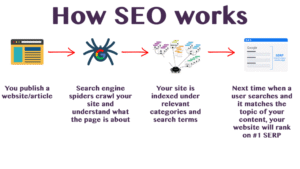In a world increasingly driven by technology, the concept of machines that can think and act for themselves is no longer science fiction—it’s becoming our reality. The rise of agentic AI, or artificial intelligence systems capable of making autonomous decisions without constant human oversight, is transforming industries, reshaping workflows, and raising important ethical questions. But what exactly is agentic AI, and why should you care?
In this article, we’ll break down what agentic AI means, explore how it works, look at real-world examples, and offer actionable insights into how businesses and individuals can prepare for and leverage this groundbreaking technology.
What is Agentic AI?
Agentic AI refers to artificial intelligence systems designed to act independently toward a specific goal. Unlike traditional AI, which often relies on static programming or needs constant human input, agentic AI has the ability to:
- Make decisions in dynamic environments
- Adapt to changing circumstances
- Set and pursue goals
- Learn from outcomes and experiences
In short, agentic AI acts like an intelligent agent—perceiving its environment, reasoning through options, and taking action with minimal human intervention.
Key Characteristics of Agentic AI
- Autonomy: Operates without real-time human control.
- Proactivity: Initiates actions to meet objectives.
- Learning: Improves performance through data and experience.
- Adaptability: Responds effectively to unexpected changes.

Real-World Examples of Agentic AI in Action
Agentic AI is already moving from theory to practice. Here are some powerful examples of how it’s being used today:
1. Autonomous Vehicles
Self-driving cars like those from Waymo and Tesla use agentic AI to navigate complex traffic environments, make split-second decisions, and even reroute based on traffic data or hazards.
2. AI in Healthcare
Systems like IBM Watson and PathAI are leveraging agentic AI to analyze vast amounts of medical data, assist in diagnosing diseases, and suggest treatment plans—all with a high degree of autonomy.
3. Virtual Personal Assistants
Advanced digital assistants such as Google Assistant or ChatGPT can manage schedules, respond to emails, or even automate household tasks based on user preferences, without needing constant guidance.
4. Robotics in Warehouses
Amazon’s fulfillment centers use agentic robots that decide the best route to move products, avoid collisions, and optimize efficiency, all in real time.
Benefits of Agentic AI
Integrating agentic AI into your business or daily life can bring several advantages:
- Efficiency: Tasks get done faster with fewer errors.
- Scalability: Systems can handle more complexity without scaling human resources.
- Innovation: Frees up human creativity for higher-level problem solving.
- Cost Savings: Reduces labor costs and operational overhead.
Challenges and Ethical Considerations
Despite the benefits, agentic AI raises some important challenges:
1. Accountability
When a system makes a bad decision, who is responsible? Businesses must consider how to build accountability into AI use.
2. Bias and Fairness
If an agentic system learns from biased data, it could make unfair or unethical decisions. Vigilance is required in how these systems are trained.
3. Security
Autonomous systems are targets for cyberattacks. Robust cybersecurity measures are crucial.
4. Job Displacement
Automation could replace certain jobs. Companies must balance AI integration with reskilling initiatives.

How to Prepare for Agentic AI
If you’re a business leader, developer, or just a tech-savvy individual, here are ways you can prepare for the rise of agentic AI:
For Businesses
- Start with pilot projects: Test agentic systems in non-critical functions.
- Invest in training: Upskill your team to understand and manage AI tools.
- Develop clear policies: Define ethical and practical use cases.
For Developers
- Focus on explainability: Design systems whose decisions can be understood.
- Test thoroughly: Ensure behavior in edge cases is predictable and safe.
- Stay updated: Follow research from organizations like OpenAI, DeepMind, and MIT.
For Individuals
- Learn the basics of AI: Online courses and webinars are great starting points.
- Adapt to change: Cultivate soft skills like critical thinking and adaptability.
- Be a responsible user: Understand the AI tools you use and their implications.
Final Thoughts
The rise of agentic AI is not just a technological trend; it’s a paradigm shift. From self-driving cars to autonomous decision-making in enterprise systems, this form of artificial intelligence is pushing the boundaries of what machines can do. While the benefits are immense, so are the responsibilities that come with adopting it.
By understanding how agentic AI works, where it’s being applied, and how to prepare for its broader impact, we can harness its power responsibly and effectively.









Add comment
You must be logged in to post a comment.